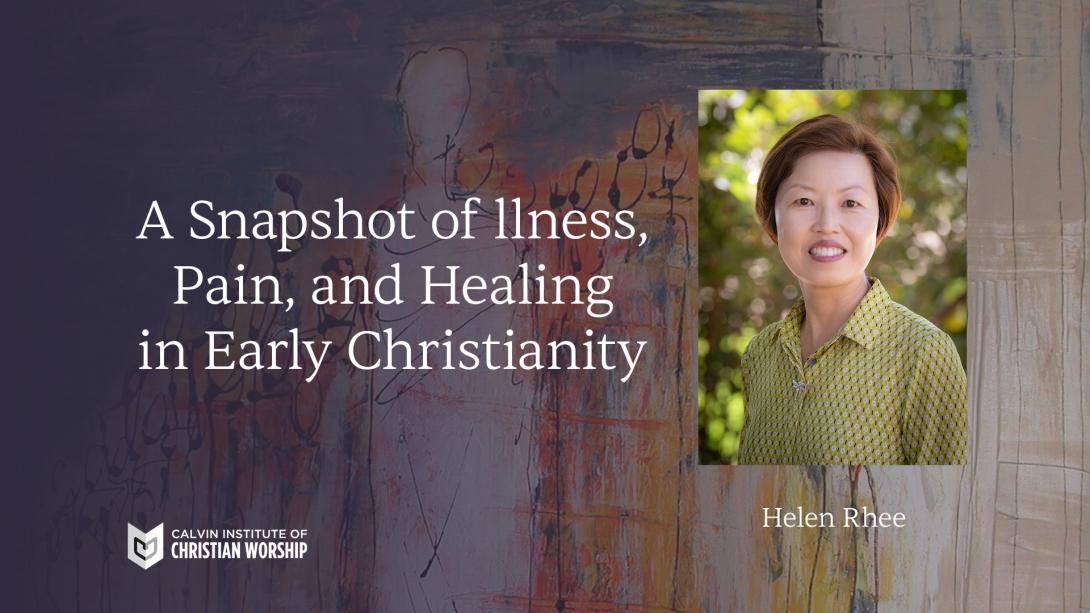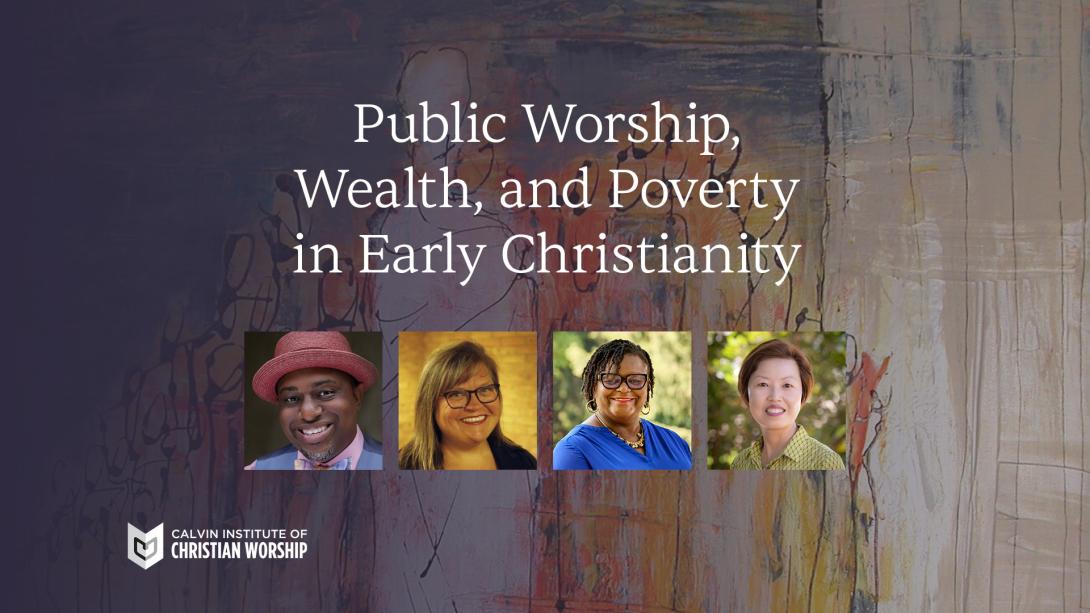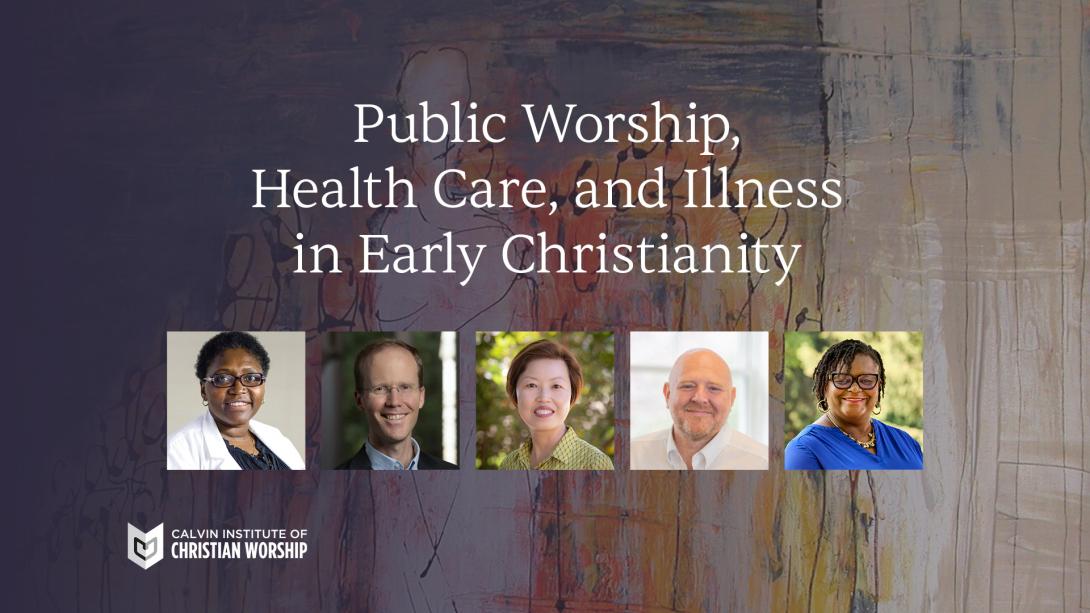A Snapshot of Illness, Pain, and Healing in Early Christianity
How did early Christians understand their illness and pain in their Greco-Roman context?
Public Worship, Wealth, and Poverty in Early Christianity
Explore how Christians in the earliest centuries of Christianity engaged topics related to wealth and poverty in their preaching, public prayers, offerings, celebrations of baptism and the Lord’s Supper, and the shaping of buildings and spaces for Christian worship.
Public Worship, Health Care, and Illness in Early Christianity
Explore how Christians in the earliest centuries of Christianity preached and prayed about illness, pain, and health care and shaped practices of baptism, the Lord’s Supper, and funerals in response to illness and injury, including during pandemics—all so that we can learn from their pastoral, theological, and practical instincts as we seek to be faithful witnesses to Christ in our own globally diverse contexts.
Wealth, Church, and Leitourgia
How did early Christians understand and practice wealth in relation to worship/service and care of the poor?
Helen Rhee on Early Christianity’s Views on Wealth and Poverty
Many Christians think that how they acquire and use money is peripheral to the gospel. Relatively few preachers address wealth and poverty in their sermons. Yet early Christianity proclaimed and practiced the countercultural value of caring for the poor. Their worship services reflected this value.
Helen Rhee on Illness, Pain, and Health Care in Early Christianity
Accounts from ancient historians and early church fathers show that caring for and visiting the sick was an essential marker of what it means to be a Christian. Their example of addressing illness, pain, and health care for everyone, not just Christians, holds lessons for today’s worship planners.







